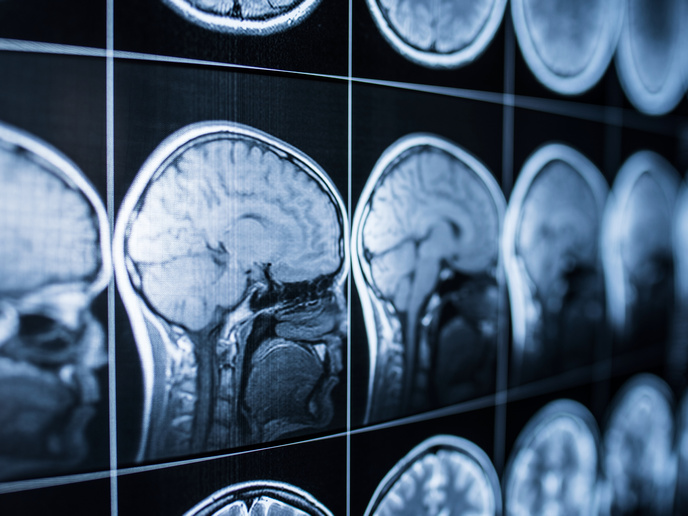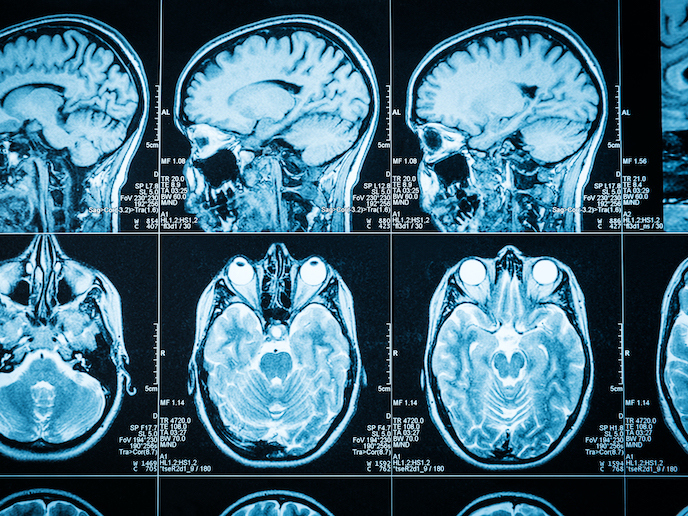Gene expression during cerebral cortex development
Alternative splicing is a regulated mechanism whereby one gene can code for many proteins. One result is increased diversity as well as functional complexity. In the nervous system, alternative splicing is especially common and essential for proper regulation of neuronal gene expression. The downside is that abnormal variations in splicing are implicated in mutation and disease. The EU-funded NAS (Neuronal alternative splicing) project has investigated regulation of gene expression for neurons at both transcriptional and post-transcriptional levels. The aim was to understand how an undifferentiated cell becomes a neuron. Many aspects of alternative splicing regulation depend on RNA binding proteins (RNABPs). A major RNA target of a group of neuronal RNABPs is Kif2a mRNA. Mutations of the gene Kif2a are responsible for severe cortical development problems, mental retardation and epilepsy in humans. NAS research showed that mutations in Kif2a caused major defects in the neuronal development of the mouse. Irregularities occurred in the development of the axon, trafficking of the neuron-associated mitochondria and the microtubule cytoskeletal network of the neuron. The researchers also focused on the role of the transcription factor NeuroD2 that plays a major role in the development of the cerebral cortex. Chromatin immunoprecipitation and sequencing showed that NeuroD2 is responsible for guiding developing axons and nerve cell precursors to their final destination in the cerebral cortex. The research also indicated where exactly NeuroD2 activates molecules in the signalling pathways. Project deliverables promise to have a profound impact on knowledge of neurological diseases. NAS results are in the process of submission to scientific journals and one on NeuroD2 already features in BMC Genomics.







